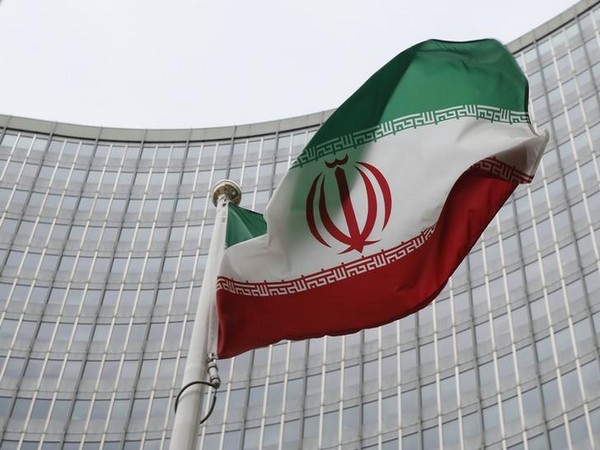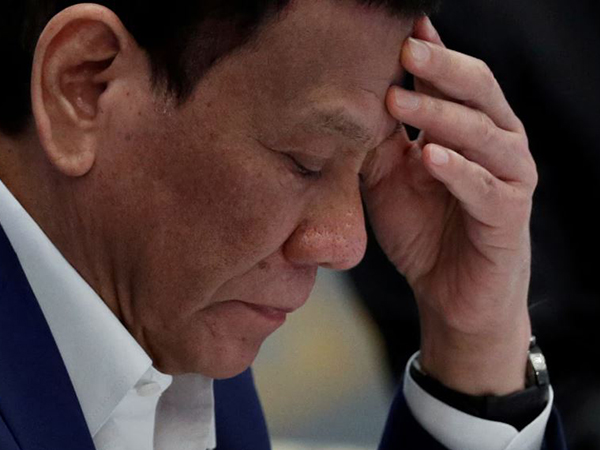Tensions Amid Risk of Iran Attacking Israel
Aug 07, 2024
Tehran [Iran], August 7: Yesterday, August 6, Axios quoted three US officials as saying that President Joe Biden and Vice President Kamala Harris were informed by their national security advisory team on August 5 that it was still unclear when Iran would launch an attack against Israel. The advisory team also did not fully anticipate the consequences if the attack took place.
US warns Iran
Meanwhile, Tehran has repeatedly sent messages and made statements emphasizing that Iran will attack Israel in retaliation for Tel Aviv killing Hamas leader Ismail Haniyeh on July 31 while he was visiting Iran. In addition, on the same day, July 31, Israel also killed Hezbollah military commander Fuad Shukr .
Many sides have tried to find ways to cool down tensions as well as the scenario of Iran attacking Israel. Reuters yesterday quoted a US State Department spokesman as saying that the US has called on countries through diplomatic channels to convey to Iran the message that escalation in the Middle East is not beneficial. The statement was made as US Secretary of State Antony Blinken just said that the Middle East is at a "critical moment".
Mr Blinken said Washington was "engaged in intense diplomacy, almost around the clock" to help ease tensions amid fears Tehran was about to attack Israel. "Escalation is not in anyone's interest. It will only lead to more conflict, more violence, more instability," Mr Blinken warned.
In another development, the Institute for the Study of War (ISW, USA) on August 6 released a report assessing the situation in the Middle East. According to this report, a media unit of the Iranian armed forces has published a list of potential civilian and military targets in Israel that could be attacked. This list includes military bases and locations of the Israeli government such as the Israeli Ministry of Defense in Tel Aviv, the Israeli Knesset building in Jerusalem and 8 air bases across Israel. The list also includes civilian infrastructure such as airports, gas fields and power plants across the country...
Tehran puts pressure on
Assessing the regional situation when answering Thanh Nien yesterday, August 6, an American defense intelligence expert said that Hezbollah forces attacked Israel but the level of attack was cautious and restrained. Hezbollah recently used unmanned aerial vehicles (UAVs) to attack an Israeli military facility. This type of attack is much more accurate than artillery or missiles.
"Hezbollah leader Hassan Nasrallah is probably waiting for a response from Israel before launching further attacks. Nasrallah does not want a full-scale war but is spreading Israel's forces thin and drawing its firepower to the north," the expert said, adding: "Hezbollah's small-scale retaliation puts Israel in a difficult political situation. If Tel Aviv launches a massive attack, Israel will be retaliated by the US for escalating the situation in the region. Perhaps the Israeli government is waiting for developments in the north before taking further action."
Meanwhile, according to him, Iran is probably planning a medium-sized or larger attack on Israel. Tehran's attack could be coordinated with Houthi forces in Yemen and some armed groups in Iraq.
"It will be a combined attack between UAVs and missiles. Tehran probably needs a lot of time to carry out the attack effectively," the expert said.
Commenting on the list of targets in Israel that Iran will attack, the defense intelligence expert assessed: "The Israeli list is intended to increase psychological stress on the Israeli government and people by sending a message that no area is beyond the possibility of being attacked."
Second, the expert said, the above list makes Israel expand its air and missile defense forces.
"It seems that Iran is putting psychological pressure on Israel before forces friendly to Tehran can launch an attack," the expert predicted.
Source: Thanh Nien Newspaper








